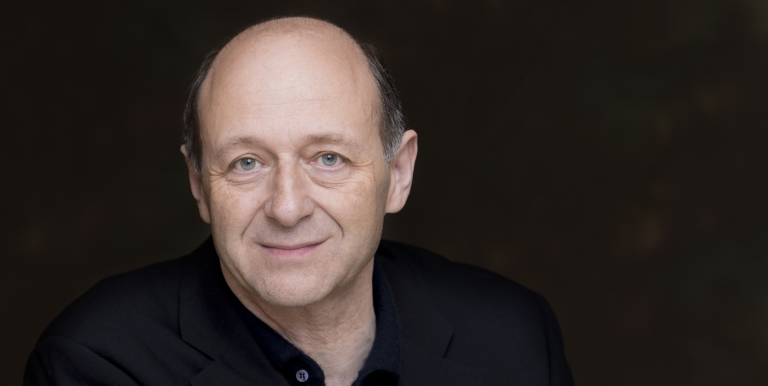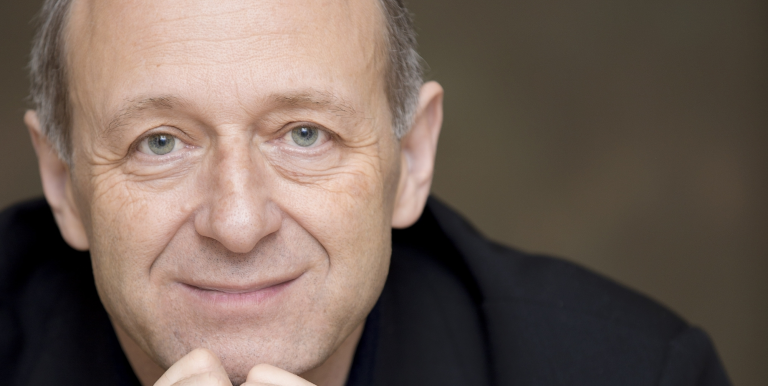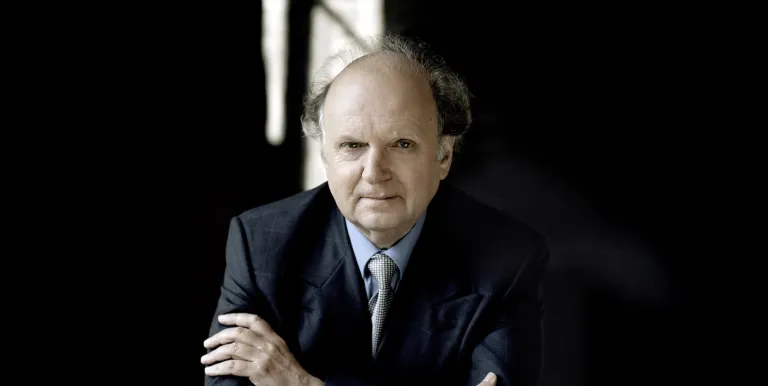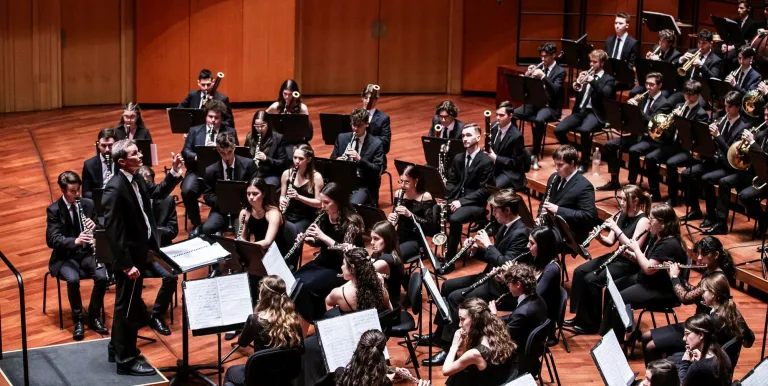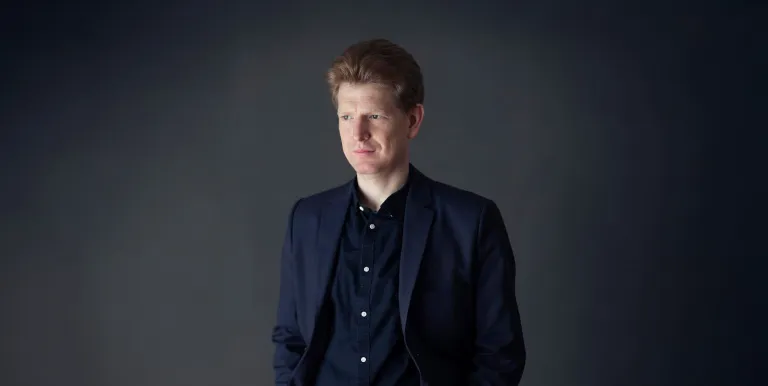one interval
Conductor:
Featuring:
Wolf
Anakreons Grab (Anacreon's Grave)
Wolf
Denk' es, o Seele (Think on this, my Soul!)
Wolf
Gebet (Prayer)
Wolf
Gesang Weylas (Weyla’s Song)
Wolf
Harfenspieler (The Harp Player), No. 1
Wolf
Herz, verzage nicht geschwind (Heart, do not despair!)
Mahler
Symphony No. 7 in E minor
Hugo Wolf and Gustav Mahler were born in the same year of 1860. Though they studied at the same time in Vienna and crossed paths in their careers, in most respects they were the perfect opposites. “The flattering recognition as a ‘songwriter’ disturbs me down to the very depths of my soul,” Wolf wrote in a letter. “What does it signify but the reproach that songs are all I ever write, that I am master of what is only a small-scale genre?” No matter how hurtful Wolf found the categorisation, the definition “songwriter” precisely describes his career as a composer. During his life, which ended in a Vienna mental asylum in 1903, he composed more than 300 Lieder, of which 24 survive with complete orchestral accompaniment.
Mahler characterised his Symphony No. 7 in a letter as his best, “overwhelmingly joyful in tone”. This description nevertheless applies only to the last two movements of the work, the Andante amoroso and the grandiose Rondo-Finale. The symphony was written in 1904–1905; Mahler composed the two magical “Nachtmusik” movements (the 2nd and 4th) in the summer of 1904, while the remaining three movements were the product of the following summer. Describing the circumstances of its composition in a letter to his wife Alma in 1910, Mahler recalled that, while struggling with a compositional drought, and having all but given up he took to a rowing-boat, and with the first strokes of the oar the theme – or rather the rhythm – of the first movement came to him, after which he completed the entire symphony within a matter of barely four weeks.
Presented by: Budapest Festival Orchestra, Müpa Budapest
-
We wish to inform you that in the event that Müpa Budapest's underground garage and outdoor car park are operating at full capacity, it is advisable to plan for increased waiting times when you arrive. In order to avoid this, we recommend that you depart for our events in time, so that you you can find the ideal parking spot quickly and smoothly and arrive for our performance in comfort. The Müpa Budapest underground garage gates will be operated by an automatic number plate recognition system. Parking is free of charge for visitors with tickets to any of our paid performances on that given day. The detailed parking policy of Müpa Budapest is available here.

